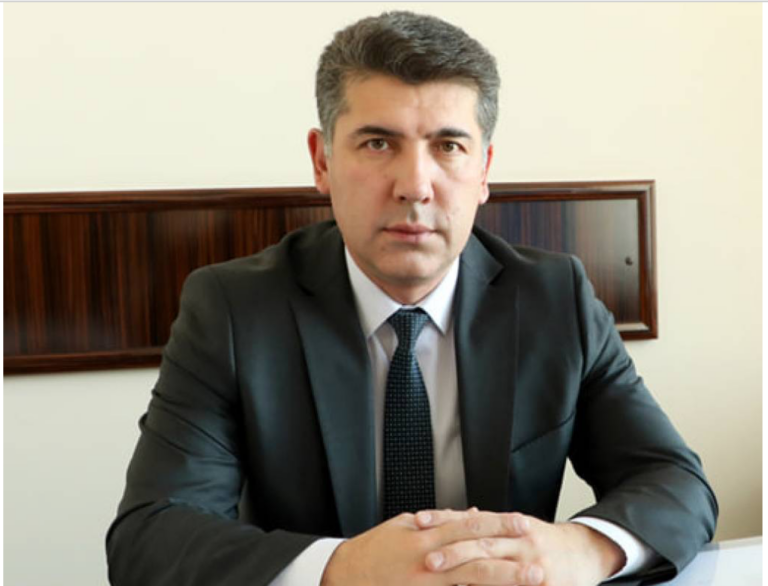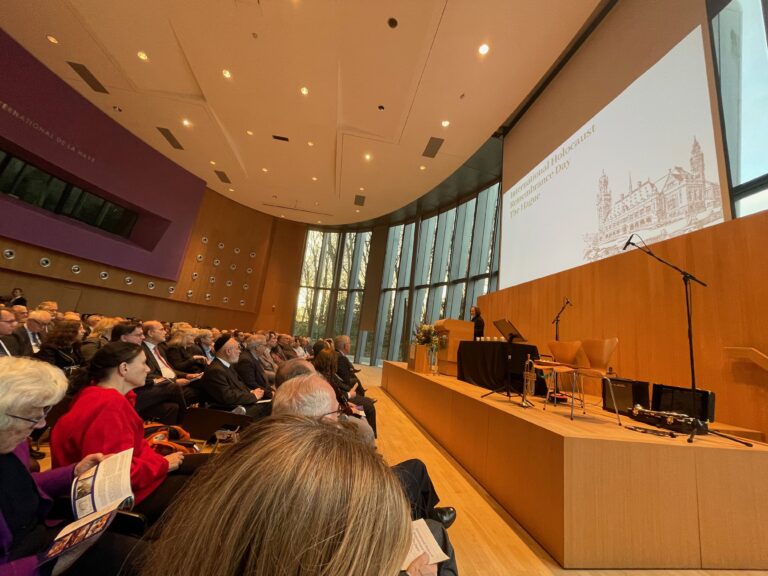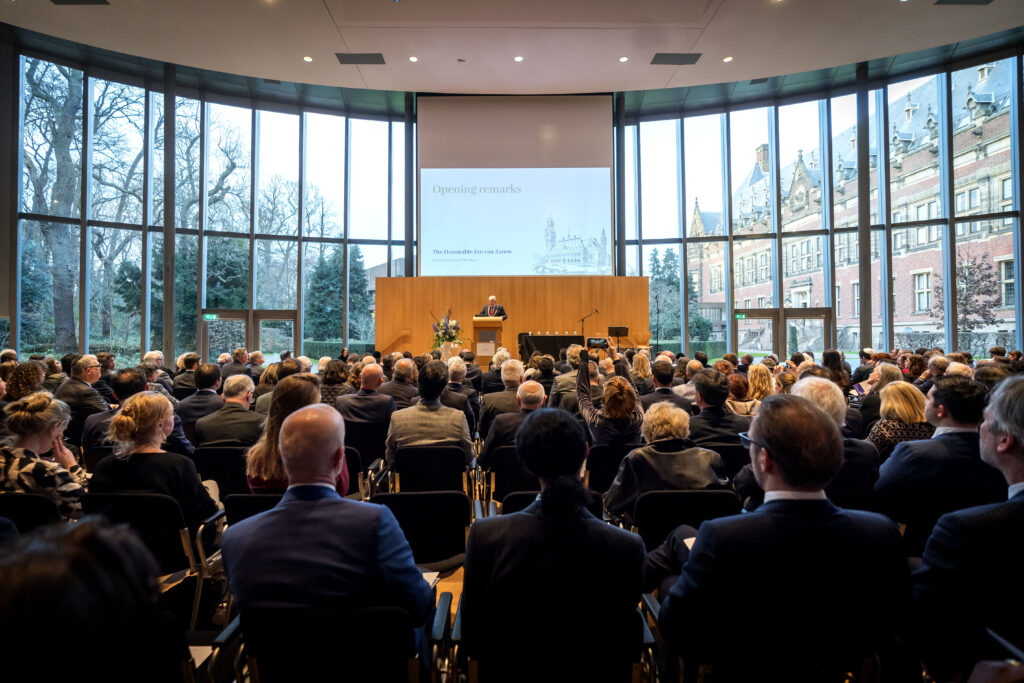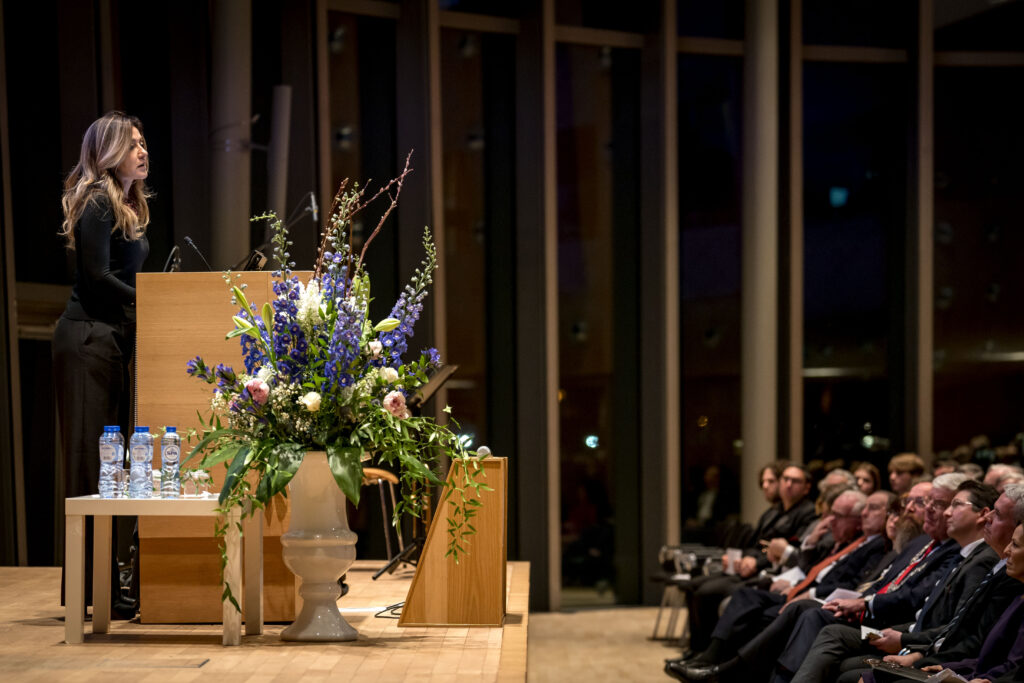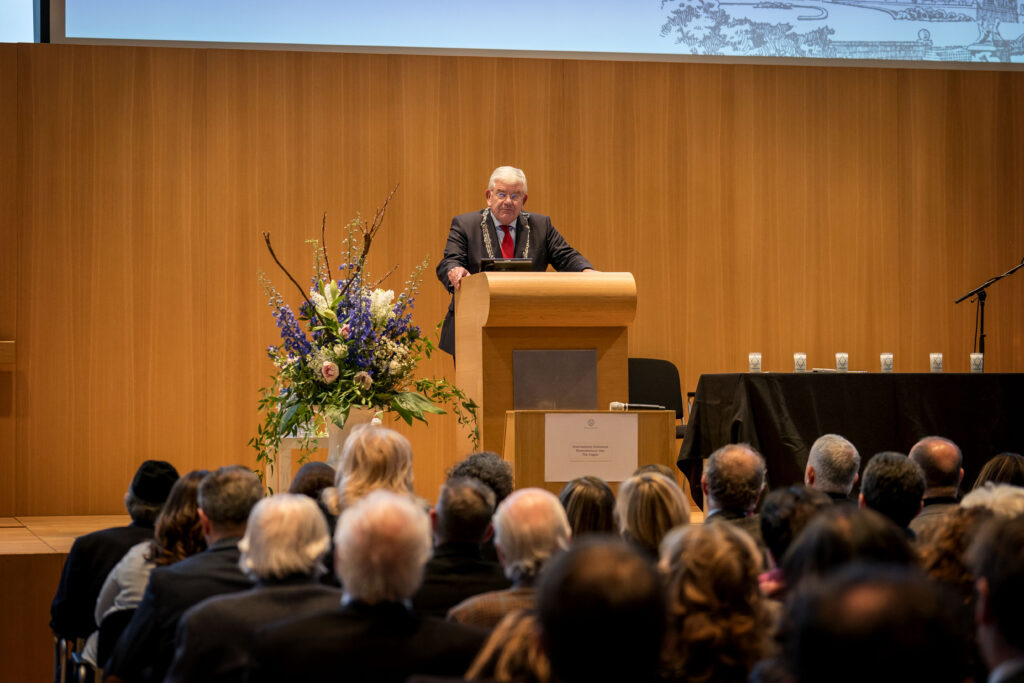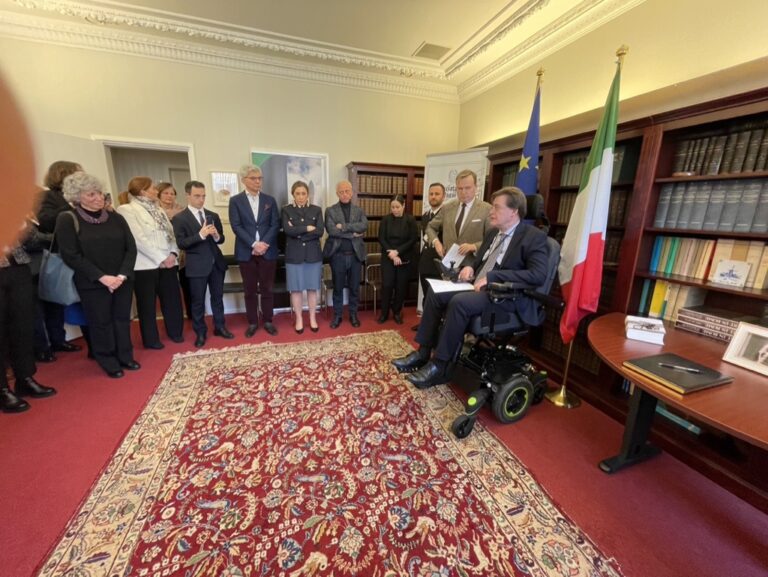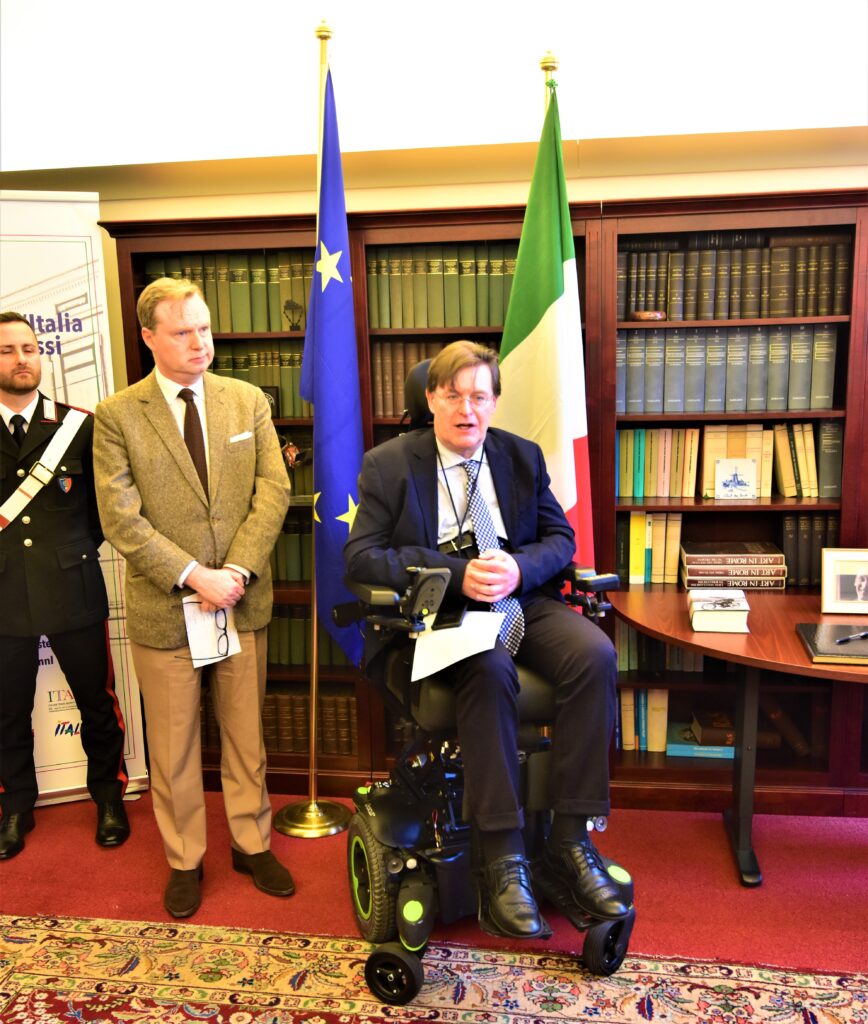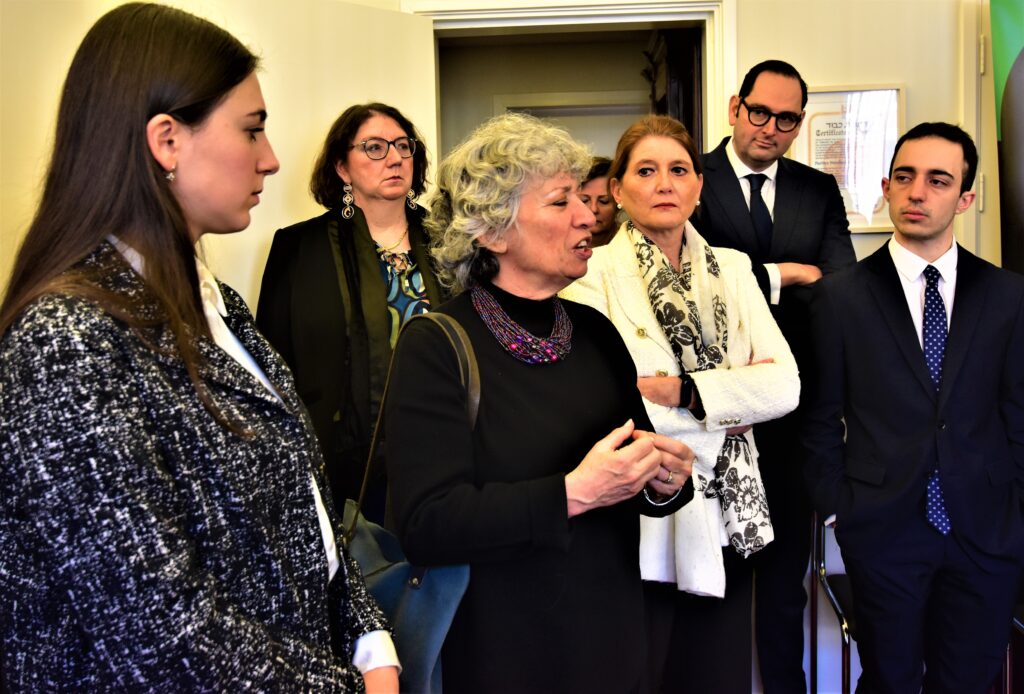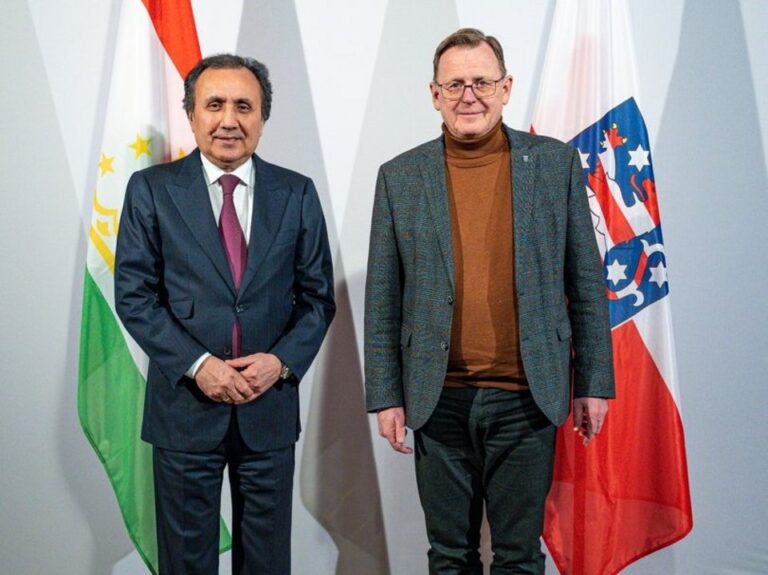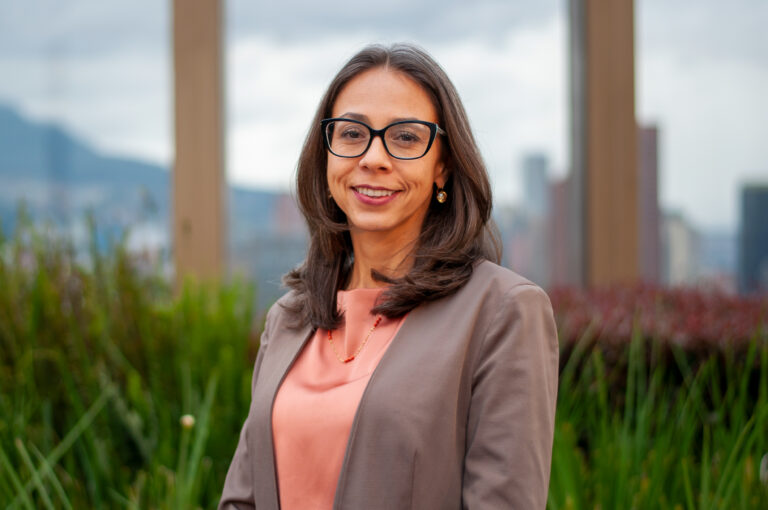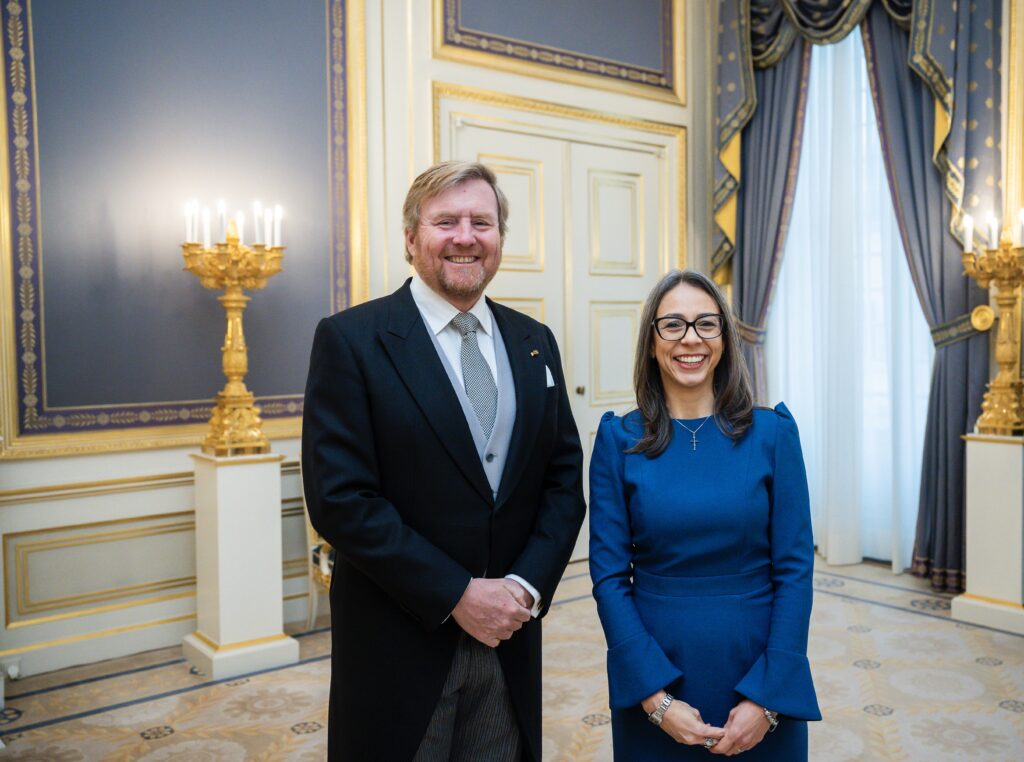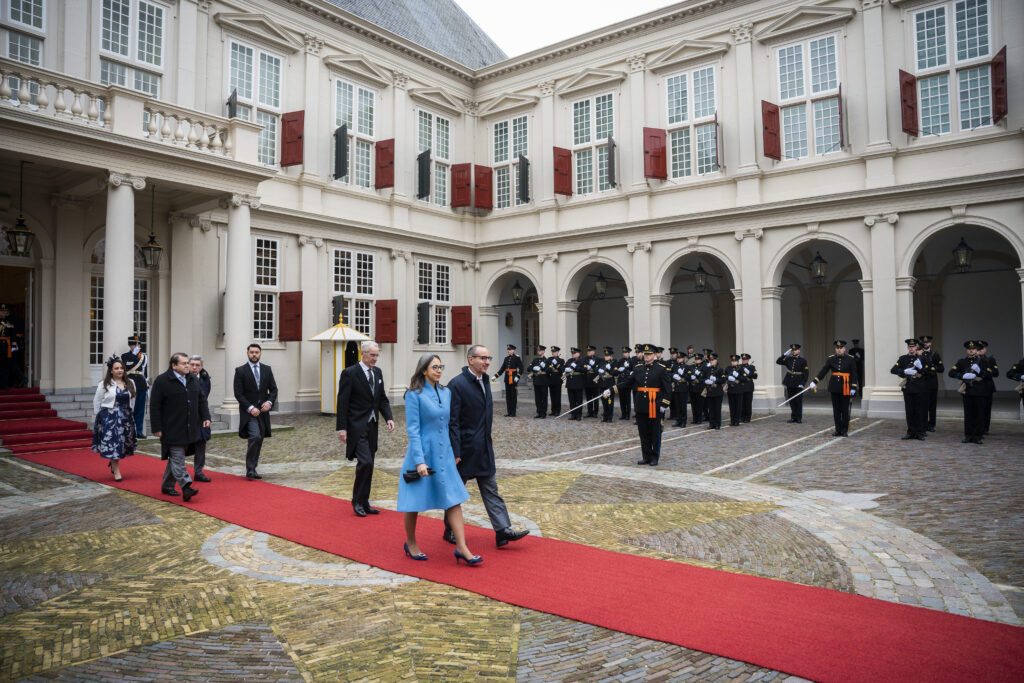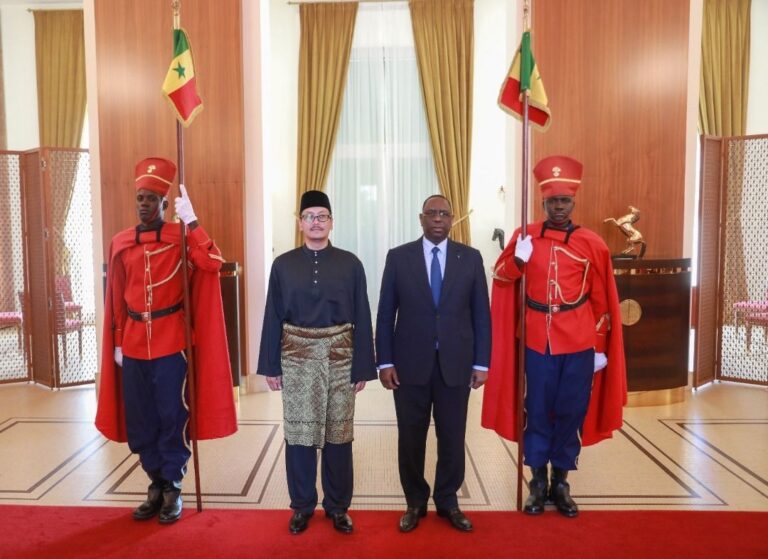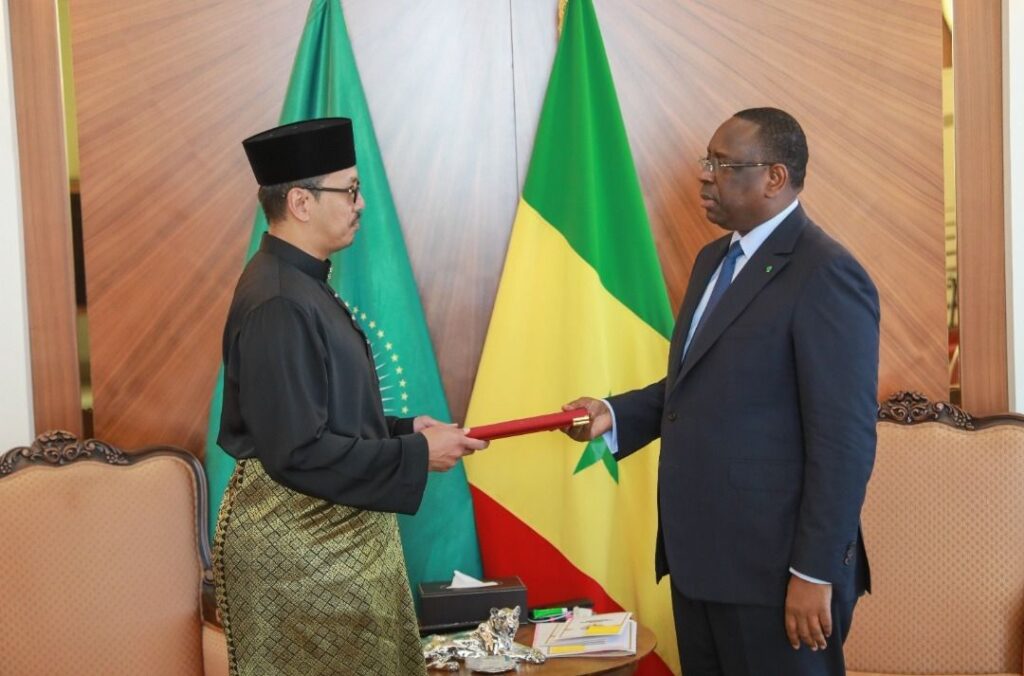By Akramjon Nematov, First Deputy Director of the Institute for Strategic and Regional Studies under the President of the Republic of Uzbekistan
The state visit of the President of Uzbekistan Shavkat Mirziyoyev to Kyrgyzstan ended the day before. Undoubtedly, the significance of its results will go down in the history of bilateral relations. Moreover, they mark a new stage in the process of regional cooperation. I would even say that the significance of the results of the visit goes beyond the region and may even play an important role in stabilizing the entire system of international relations.
There are good reasons for such an assertion. During the visit, an end was finally put to the issue of settling the state border, which for many years was a source of interstate tension and held back the full potential of bilateral cooperation, moreover, served as a pretext for positioning the region as a hotbed of permanent instability. This had a negative impact on the efforts of our countries to attract investment and implement long-term plans for sustainable development. Earlier, Uzbekistan settled the issue of delimitation of borders with Tajikistan, Turkmenistan, and closed the issue of demarcation with Kazakhstan. This, of course, is a big breakthrough and will become a new starting point in the formation of a new architecture not only for bilateral, but also for regional cooperation.
In addition, during the visit, the parties confirmed their firm political will to continue joint work on the implementation of projects for the construction of the China – Kyrgyzstan – Uzbekistan railway, as well as the Kambarata HPP-1. Moreover, the parties signed an investment agreement on the implementation of the Kambarata-1 project, agreed on the construction of small hydroelectric power plants, including on the Chatkal River in Kyrgyzstan. An agreement on the joint production of cars, building materials, pharmaceutical products and medicines, knitted fabrics, garments and knitwear, yarn, coal, electrical engineering, and agricultural products has become extremely important. All of these projects, which supplement similar agreements previously reached with other neighboring countries, can act as triggers for the development of many sectors of the economy not only of individual countries, but of the entire region. They will make it possible to unlock the huge production, transport, logistics and energy potential of Central Asia, ensure sustainable development and integration of the region into international value chains.
In general, the results of the Uzbekistan – Kyrgyzstan Summit in Bishkek allow us to draw several important conclusions.
First, the countries of Central Asia are actively forcing the formation of a new regional model of economic cooperation. There is a transition from commodity exchange to deeper economic integration through the development of industrial cooperation based on the use of competitive advantages and complementarity of the economies of the states of the region. This contributes to the development of manufacturing products with a higher level of industrial processing and added value, which in turn makes it possible to replace expensive imports in domestic markets, as well as enter the markets of third countries with more competitive products, and relieve the economy of the Central Asian states from dependence on raw material exports. It also increases the stability of the markets of our states in the face of external factors caused by the disruption and rises in the cost of production and supply chains, volatility in prices for food and energy products. An interconnected self-sufficient capacious market, a space for industrial and technological development is being formed in the region.
The joint use of the hydropower potential of the region will become an important step not only toward creating a common energy market, but also increasing the competitiveness of the Central Asian economy in the world market. The development of industry based on the use of clean energy with a low share of fossil fuels is a competitive advantage for the region in the context of a green transformation and a steady trend in the transition of most countries to a low-carbon economy.
Second, in the context of growing geopolitical tensions, loss of trust and lack of dialogue in international relations, which exacerbates interstate conflicts, Central Asia demonstrates high responsibility for the future of the region, relies on diplomacy and the search for mutually acceptable compromises on all complex key issues for the sake of general security and prosperity. This shows the maturity of the political elites of the Central Asian states, their readiness to build a foreign policy in the interests of the peoples of their states, which become the ultimate beneficiaries of the Central Asian rapprochement.
This is confirmed by the economic indicators of the region. Thus, the total foreign trade turnover of Central Asia today has reached about $200 billion, showing an increase of 60% compared to 2016. At the same time, the share of intra-regional trade increased twice, overcoming the mark of 10%. The inflow of foreign investments into the region is also growing. So, while in 2019-2020 worldwide, FDI inflows decreased by 35%, in Central Asia there was an increase, even in the pandemic year of 2020 by 3%, and in 2021 by 71%. In general, over this period, the share of investments in Central Asia in the total volume in the world increased from 1.6% to 2.5%. As a result, the growth rate of regional GDP in recent years was within 6%, by the end of 2022, according to preliminary estimates, will be more than 4%, and in 2023 it is expected at a level of about 5%. This will bring the region’s GDP to $400 billion, almost twice as much as in 2010.
It is obvious that the approach chosen by Central Asia to building interstate relations, based on the principles of mutual respect and consideration of interests, good neighborliness and mutually beneficial cooperation, today justifies itself, is in great demand in international relations and, as a model, can influence other regions of the world as a multiplicative effect.
Third, today we are witnessing a new trend – the strengthening of Central Asian identity. This is reflected in the statements of the leaders of the states of the region that all efforts to develop good neighborly relations are aimed at turning Central Asia into a space of security, stability and common prosperity. This also manifests itself in mutual acts of solidarity. So, in a pandemic, for example, Kyrgyzstan and Uzbekistan assisted each other. Uzbekistan sent humanitarian aid to Kyrgyzstan four times and built 3 modular infectious diseases hospitals (in Kadamjai district of Batken region, Bishkek city and Chui region). In turn, during the man-made disaster at the Sardoba reservoir, Kyrgyzstan provided humanitarian support to the victims. All this also suggests that the Central Asian rapprochement is a fait accompli. The states overcome “national egoisms” and realize that only together, it is possible to reach the trajectory of sustainable growth and new frontiers of joint development.
The Central Asian states today are jointly forming a new paradigm of perceiving the region as an integral, interconnected, not only politically but also economically cohesive space. This is no longer a “powder keg”, but a space for sustainable development and mutually beneficial cooperation. And this significantly increases the international subjectivity of Central Asia, making it more resistant to external and internal challenges.

